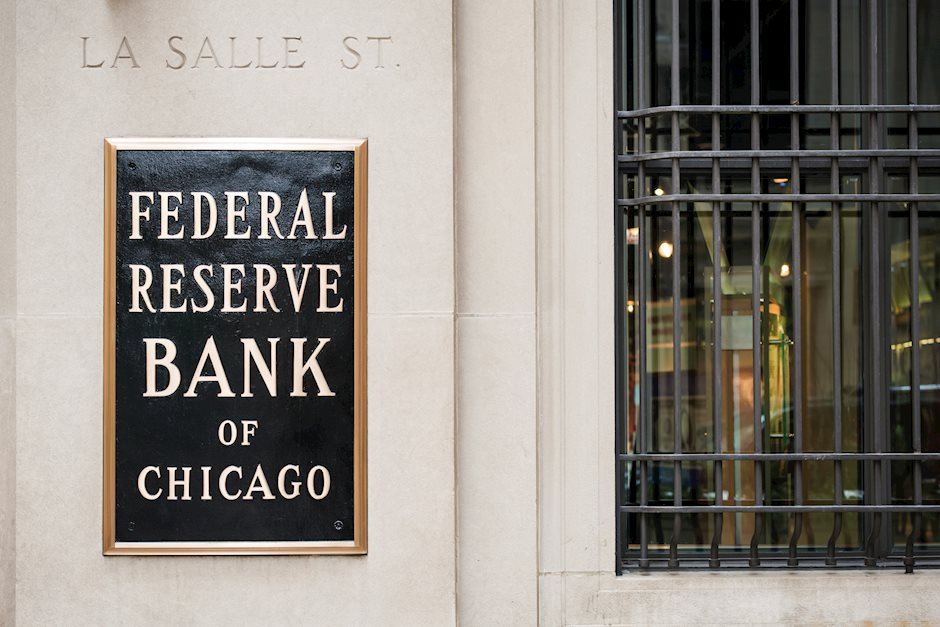What happens after the Fed reaches the terminal rate

Yesterday, several major CEOs gave interviews to financial media in the context of a couple of major investor conferences. Their comments left a sour note for the markets, and tech stocks led a move lower in US equities which fed over into the Asian and European stocks. Aside from the less than optimistic outlook, it underscored a brewing debate about the Fed. The results of that debate could be the difference between a mild (or no) recession, and an economic "hurricane".
First, the disappointing news
What captured most of the attention were comments from Walmart's CEO and the CEO of JPMorgan. The latter has been quite a bit more outspoken about worries of a pending recession. In fact, the "economic hurricane" phrasing was his invention. The issue is that several CEOs echoed a sentiment: that consumer demand was slowing.
Walmart was seeing a trend where consumers were being more conservative in their buying habits, focusing on household essentials and holding back from things like electronics. This dovetailed with the CEO of Union Pacific, who said that shipping volumes were down.
Still good, but for how long?
Jamie Dimon, as the CEO of one of the largest consumer banks in the US, would have some insight into how his customers were spending their money. He pointed to spending this year being 10% higher than last year. Which sounds good, but inflation has to be factored into that. He also pointed out that savings that people had accumulated during the pandemic and thanks to the stimulus were running out, and that might mean further credit crunch in the first half of next year.
This is where the discrepancy starts to show: What will the Fed do. For now, the Fed is raising rates to stave off inflation, and are expected to level out at around 5.0%. This makes borrowing costs significantly higher, which would make buying things with credit cards, or taking out loans, much more difficult.
History won't rdepeat itself?
In the past, the Fed has hiked rates right up until there was an economic downturn, and then quickly cut in order to support the economy. Particularly to support the jobs market, which is their second mandate. But Dimon is warning this might not be the case this time, as inflation remains elevated, the Fed might be much more concerned with restoring monetary stability. This would make the recession harder, since there wouldn't be the sudden influx of cheaper credit that happened with previous recessions.
The relative strength in the jobs market contributes to that view. Even if the economy slips into contraction, with over 10 million job openings, it could be some time before the unemployment rate starts to tick up. Unemployment is a lagging indicator, and that lag might be even more extended this time around. Which could mean that the more rosy expectations of a quick "pivot" by the Fed next year might not play out.
Author

Jing Ren
Orbex
Jing-Ren has extensive experience in currency and commodities trading. He began his career in metal sales and trading at Societe Generale in London.

















